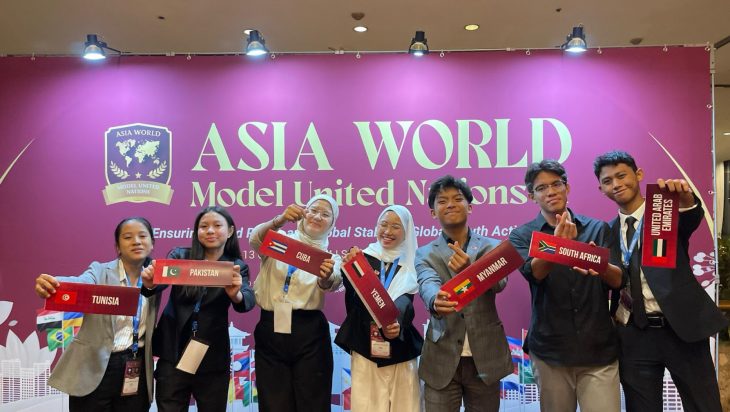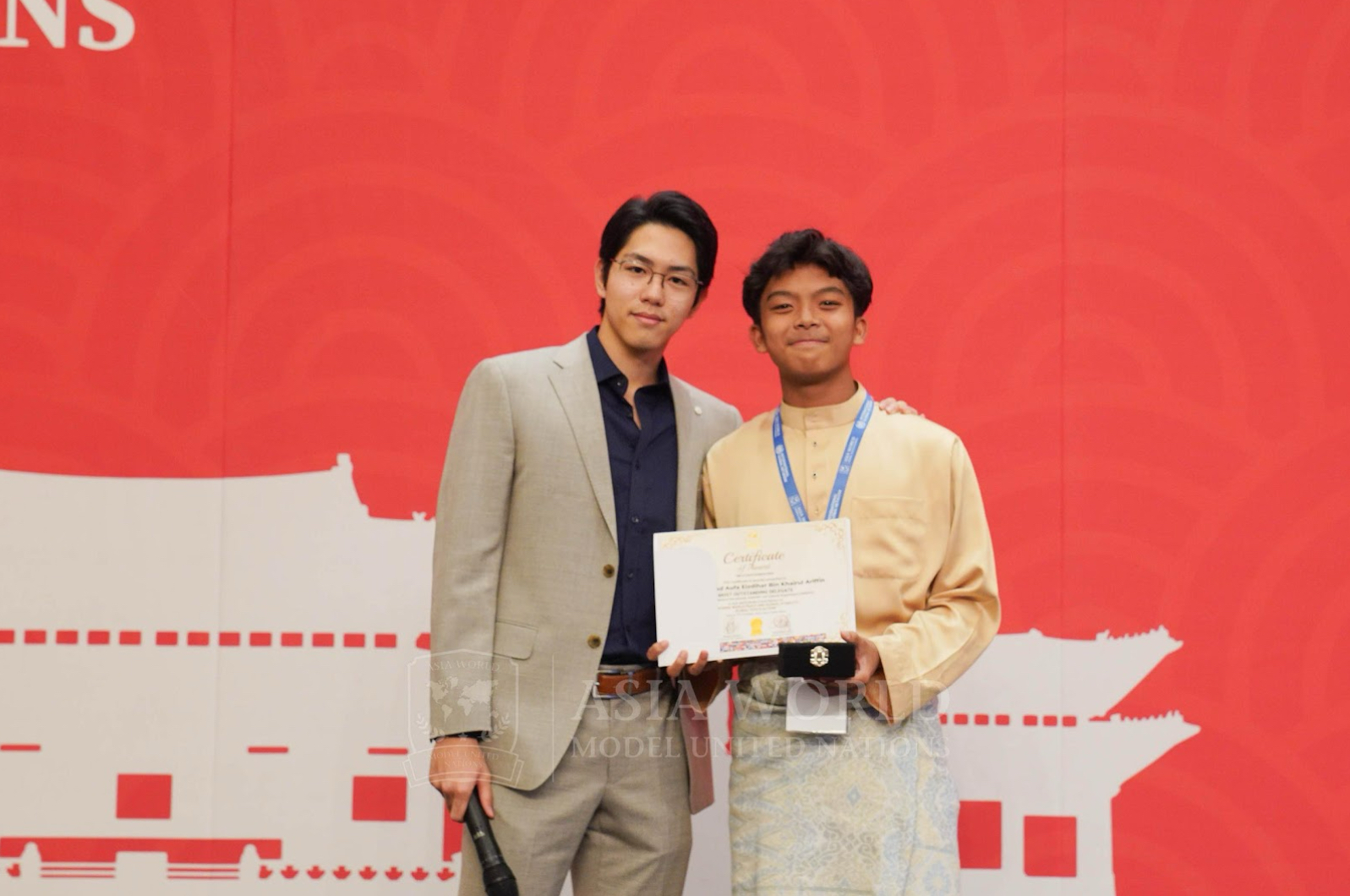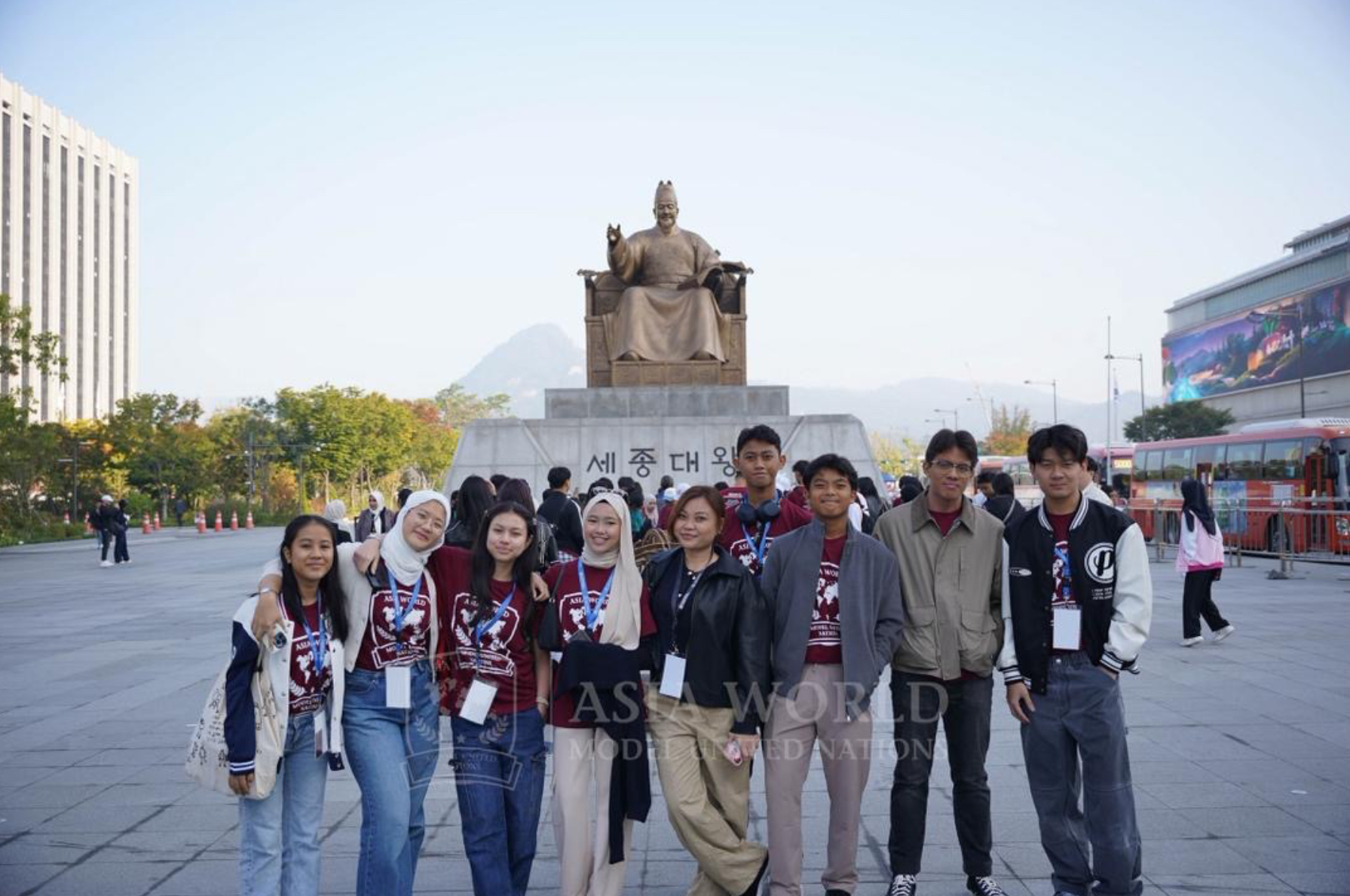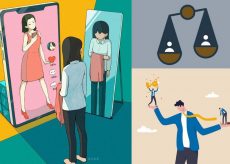Leadership born from empathy: My Asia World Model United Nations experience

By: Muhammad Iyash bin Zulkipli
In a world where democracy is the status quo, we rely on diplomats to represent us and make decisions that shape our future. These leaders influence policies that affect our daily lives, reminding us that nations aren’t just steered by power, but by people entrusted by the public. That’s why nurturing a generation of leaders built on empathy, strategy, and a genuine desire to serve is more important than ever.
Yet, in today’s political climate, these values are too often sacrificed in pursuit of status and power. Too many enter leadership for themselves, rather than the people they serve. It’s a question worth asking: are these truly the leaders we want shaping our future? For me, Model United Nations (MUN) offers a solution.
MUN isn’t just another competition; it’s a platform where young people can test ideas, debate global issues, and, most importantly, learn empathy. It’s not about who is right or wrong, but about how our decisions affect others.
That’s why I was drawn to it in the first place. Every misstep in negotiation, every misplaced word in a speech, became a lesson in perspective. I learned not just to ask “what went wrong?” but “why did it go wrong?” That shift, I realised, is the true foundation of empathy.

The experience was never about perfection; it was more about growth. Some delegates came with experience, others were finding their voices, but the same goal united all of us: to build something better together. The diversity in the room was striking.
Delegates from over 15 countries brought their own histories and ideas, and instead of clashing, those differences became our strength. Bonds were formed not through small talk, but through shared challenges and meaningful conversations that often turned strangers into lifelong friends.
One of the most unforgettable moments came when our very own delegate, Muhammad Aufa Eizdihar bin Khairul Ariffin, was awarded the Most Outstanding Delegate, the second-highest recognition at the Asia World MUN. Aufa’s success was our success. His award reminded us that excellence isn’t bound by geography, but by heart, effort, and the courage to try.

Most people think MUN is about winning awards. But those who’ve truly experienced it know that it’s the people. It’s the collaborations, the friendships, and the growth that keep us coming back. And in a world that so often feels divided, these connections are more valuable than gold. MUN taught me that leadership isn’t about always having the right answers.
It’s about having the empathy to understand others, the humility to learn, and the courage to act. That’s the kind of leadership we should strive for, not just in conference halls, but in the world beyond them. This is where I built my own monument from the foundations laid before me.



